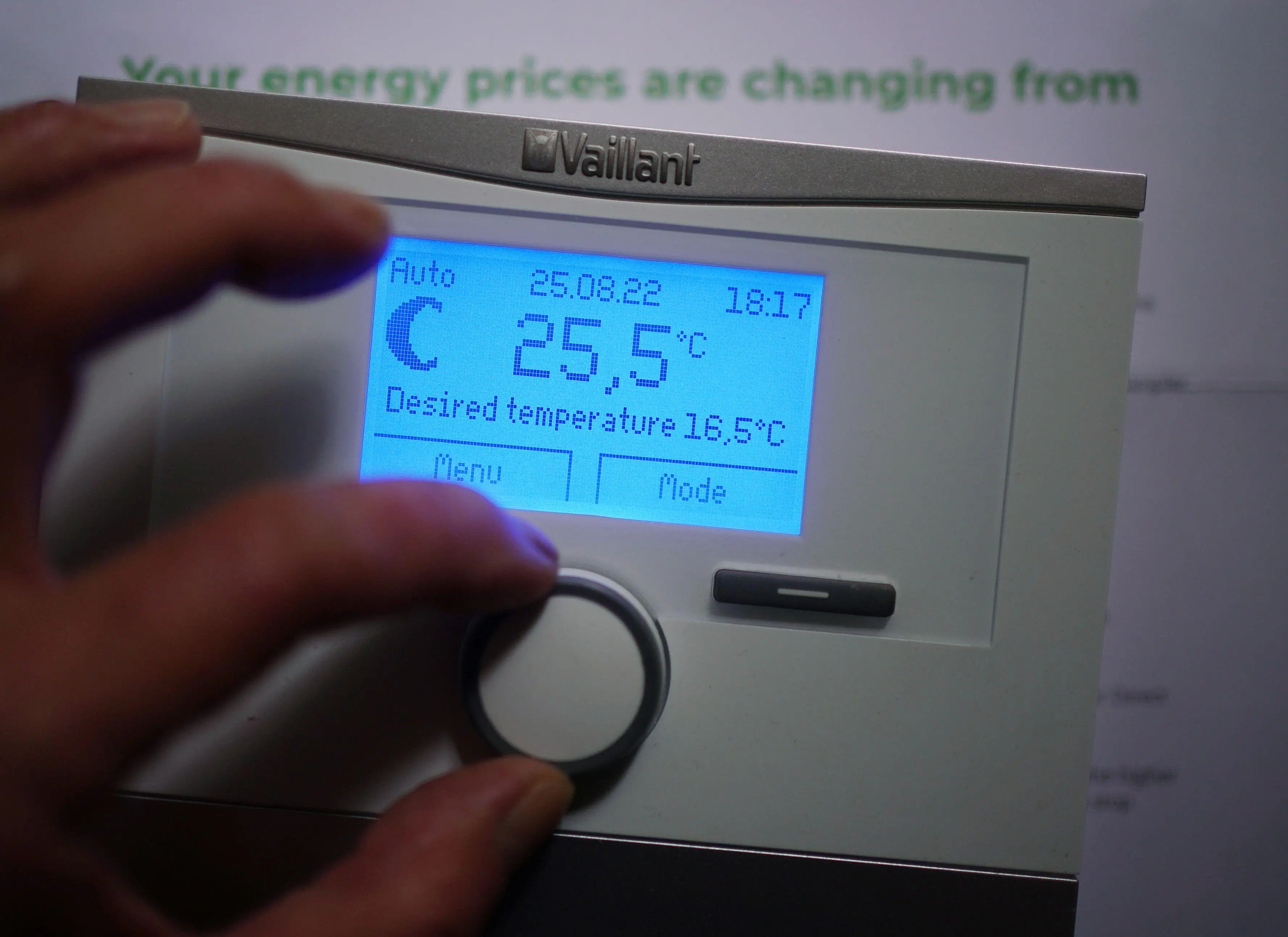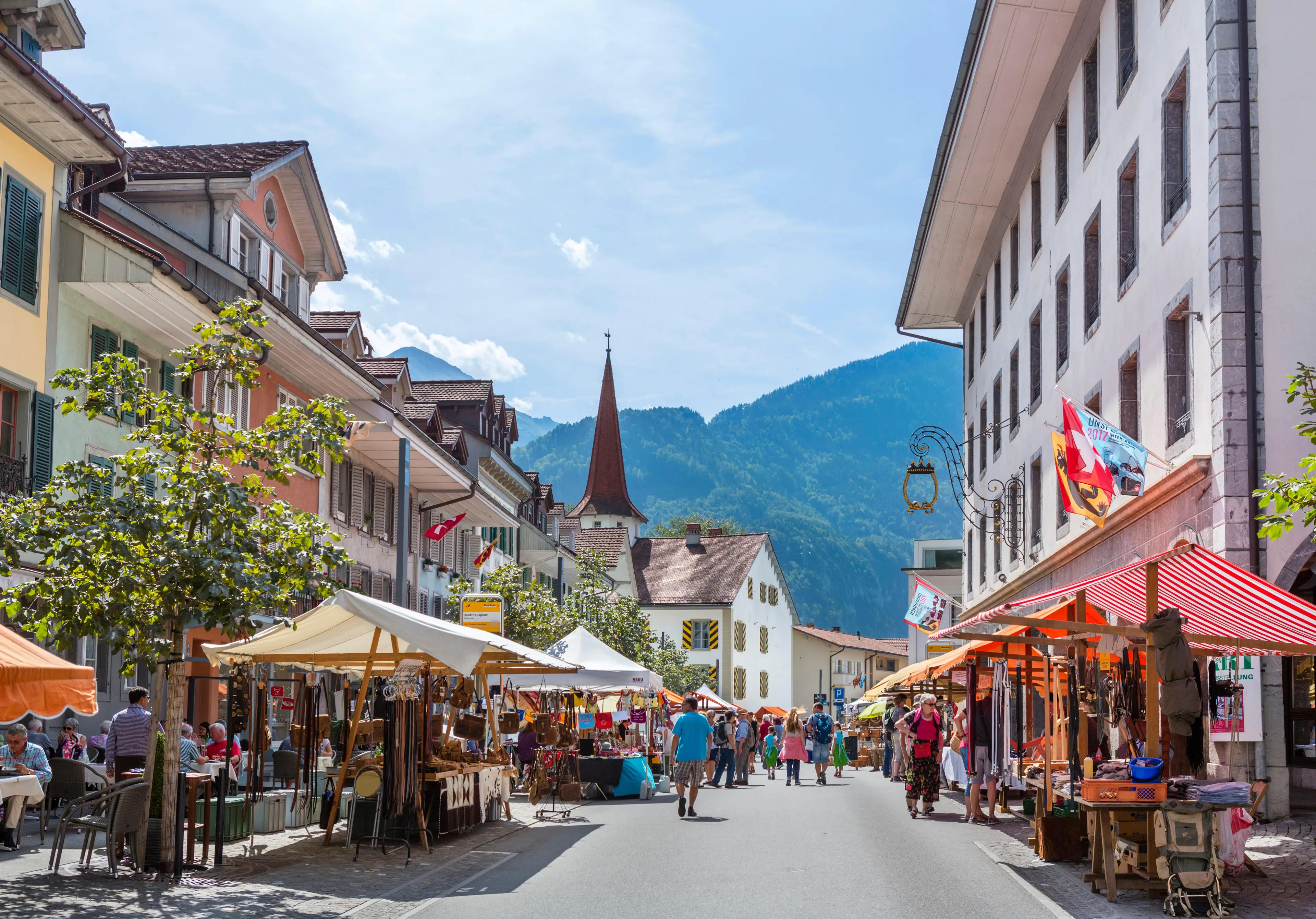
A country's federal government has revealed it's considering fining anyone who heats their homes above 19°C in order to preserve gas supplies this winter.
As the war in Ukraine rages on, Russia has restricted its gas deliveries to Europe, stating it will not return to business as usual until sanctions are lifted by the 'collective west'.
Ahead of winter, one country has discussed enforcing fines for citizens who ramp up their heating above 19°C.

Advert
Switzerland has announced it may introduce strict measures to try and ensure there is enough gas to get through the winter.
The measures would include the inside of homes not being heated to above 19°C (66.2F) and a maximum of 60°C (140F) for water.
Radiant heaters could also be banned and swimming pools and saunas left cold.
Anyone breaking the rules could be slapped with a fine.
In Switzerland, the daily rate for fines is a maximum of 3,000 francs (£2,600). It's set at a minimum of 30 francs (£27).
Spokesperson for the Department of Economic Affairs (EAER), Markus Spörndli, explained: "Violations of the state supply law are always misdemeanours or even crimes in some cases and are to be prosecuted by the cantons ex officio. The number of daily rates is determined by fault."
Subsequently, someone who accidentally turns up their radiator above the allowed degree would be less harshly punished then someone who purposefully cranks up the heating.
At the Federal Council's media conference on Wednesday, 31 August, SVP Economics Minister Guy Parmelin stated: "We are not a police state. The police don't go to everyone - but there can be spot checks." It's also up to neighbours and visitors to inform on people who have gone above the allowed temperature.

"The draft ordinances are primarily based on the fact that the vast majority of the population abides by the law."
Chief police director Fredy Fässler explained that if 'a corresponding report is received, then the police must act'.
However, he noted there are 'still some open questions that need to be clarified'.
"This raises the question of whether, instead of complex criminal proceedings, simple fines are the right way to go, as was the case in the Corona crisis. We'll definitely have to discuss that," he said.
Fässler resolved: "We want to implement the regulation with a sense of proportion."
The chief police director has subsequently called on the government to 'order only measures that can be implemented and, above all, controlled'.
A spokesperson for the EAER told LADbible: "There is currently no shortage of electricity or natural gas in Switzerland. There are therefore no restrictions or bans on energy usage in force that could be violated. Concepts are currently being prepared for the possible eventuality that restrictions or bans may become necessary in the event of severe scarcity (of natural gas or electricity). Consultation proceedings on a draft ordinance (regarding a severe scarcity of gas) are ongoing with interested stakeholders.
"Of course, consideration also has to be given to how any possible restrictions or bans are to be implemented and monitored. The National Economic Supply Act (NESA), which would serve as the basis for any restrictions or bans, does not provide for administrative fines in its current form. Pursuing violations under the NESA would therefore be more complicated; however, any possible fines would not be higher than a normal administrative fine. In any case, an important point is that strict checks are neither feasible nor desirable. In Switzerland, we trust people to abide by the law."
Topics: Weather, World News, Ukraine, Russia